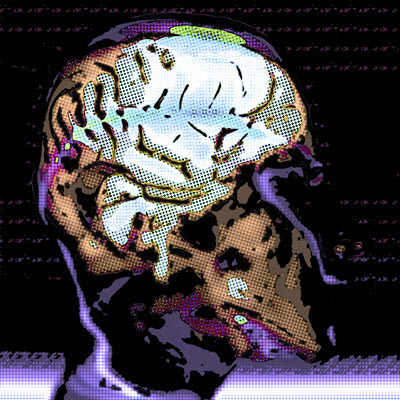Cognative Behavior Therapy Fights Depression Through Recalibration, Making the Right Connections in the Brain
Tesla may have had a brain bigger than Einstein. Unfortunately, he died in poverty and obscurity due to financial manipulation. But if he could see how cognative behavior therapy helps depression he would be very impressed, and I believe he would recommend it.
The brain, in its unlimited power and influence over everything, really controls the show. It controls how a person behaves and what feelings they allow to enter, take hold, and act. The study and processes of cognative behavior therapy can heal the mind through repetition. It is a therapeutic approach which understands the power of the mind over a person and understands that seismic changes often happen with a small calibration.
Therapy, Depression, and Recalibrating the Charts
Therapy almost universally touches on depression in one form or another. Depression is an overwhelming sense of sadness, and it manifests in a myriad number of ways. But, there is one unifying component of depression that basically always rings true. Individuals who are clinically depressed are capable of being happy. In other terms, it is not their inability to have happy thoughts that is perpetuating a state of depression. It is the brain minimizing and pushing away happy thoughts- holding them in a vice grip in the recesses of the brain.
How does the process of cognitive therapy bring about happiness and fight off depression? It happens through recalibrating. The brain is hiding thoughts of happiness. It is creating cycled thoughts or loops that generate the same response to different activities and feelings. A person has a bad day. They have sad thoughts. They get an A on a report card, find a $20 bill on the ground, lose desired weight, whatever it may be, yet they have sad thoughts. “I didn’t deserve this” or “why did I get this?” are common thoughts. The mind placates the scenario with negative thoughts not because it can’t have happy thoughts, but because it is hiding them. They are trapped and the mind circulates a loop of negativity. It can also by why some people are just negative, and they counter many things with negativity. This is not to say that clinical depression is the same as a person who is a pessimist, but it certainly harkens back to the mental state of a person in either scenario.
What is the Answer?
The thankful thing is that this cycle of despair can be broken by recalibrating the mind to respond happily to happy events as appropriate. CBT works to recalibrate the mind through repetition strategies. One such approach is the negative counter. A patient may write their response to a scenario. They then write out various positive counters instead. These are self-statements that contradict the sneaking voice in the head that says “no” or “don’t be happy.”
Hopefully the above is not an unreasonable simplification of cognitive therapy and depression. These are complex, nuanced, and challenging problems that will take serious time and energy to improve upon. The therapy strategies can heal, but they will take a willing participant who knows the challenge ahead. That, of course, can be a massive gate to jump if they are already in a place of overt negativity. The patient is already coming from a place of “I can’t do it” or “this won’t help me.” Neither of these things is true for anyone.

Published by